Nigeria is reaping huge economic gains from the operations of the Dangote Refinery, with more than ₦10 billion saved annually in foreign exchange, according to Mr Sunday Esan, Senior General Manager, Corporate Communications at Dangote Industries Ltd.
Esan disclosed this on Thursday in Lagos during the 2025 Media Week organised by the Nigeria Union of Journalists (NUJ), Lagos Council.
The event focused on “Unlocking Opportunities for Businesses in a Challenging Economy: The Role of the Media / Roadmaps to Energy Security in Nigeria.”
He explained that the refinery has drastically reduced Nigeria’s dependence on imported petroleum products, stabilised the naira, created thousands of jobs, and strengthened the country’s energy supply chain.
“The refinery is more than a national landmark; it is reducing foreign exchange outflows, driving GDP growth, creating jobs, positioning Nigeria as a regional energy hub, and strengthening our national energy supply,” he said.
Esan stated that fuel imports dropped by 1.54% in the first quarter of 2025. Nigeria spent $2.6 billion on fuel imports in Q1 2024, but the figure fell sharply to $1.2 billion in Q1 2025 due to increased local production.
He also revealed that the refinery is considering an expansion of its production capacity from 650,000 barrels per day to 1.4 million barrels per day. Interest from global energy giants—including Saudi Aramco and U.S. buyers—continues to grow, particularly for its jet fuel.
Describing the sheer size of the complex, Esan said the refinery covers an area about seven times the size of Victoria Island, requiring over five hours to tour by car.
He added that the acquisition of 4,000 CNG trucks for distribution has already created more than 24,000 jobs.
On media responsibility, Esan urged journalists to report energy sector developments accurately and to protect the refinery as a key national asset.
Meanwhile, Vanguard’s Energy Editor, Mr Udeme Akpan, emphasised the importance of reliable information in business decision-making, urging journalists to uphold credibility.
NUJ Lagos Chairman, Mr Adeleye Ajayi, described the lecture as an opportunity to reassess the nation’s energy challenges, noting the government’s ongoing efforts to revitalise the sector. He encouraged stronger collaboration between the media and energy stakeholders.
Press Week Committee Chairman, Mr Wale Akodu, reflected on previous years of fuel scarcity and panic buying during festive periods, observing that such experiences have largely faded with improved supply.
The event brought together key industry players, media professionals, and stakeholders committed to Nigeria’s energy security and economic advancement.


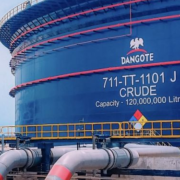


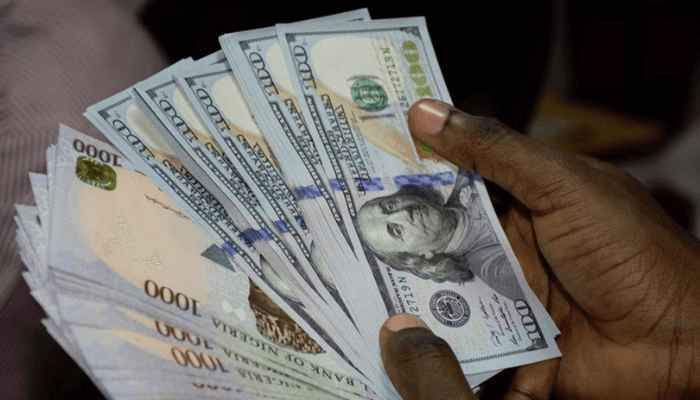

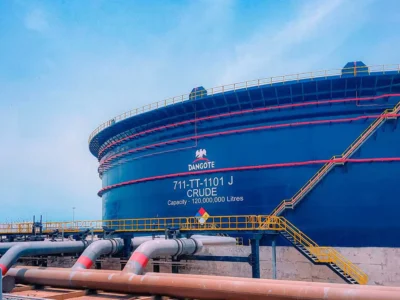

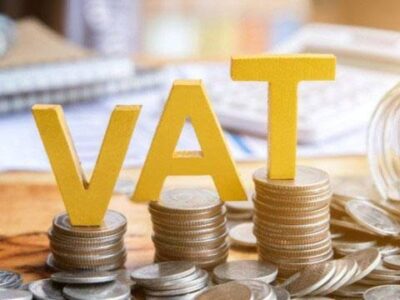
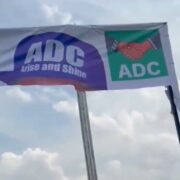
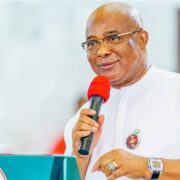












Comments